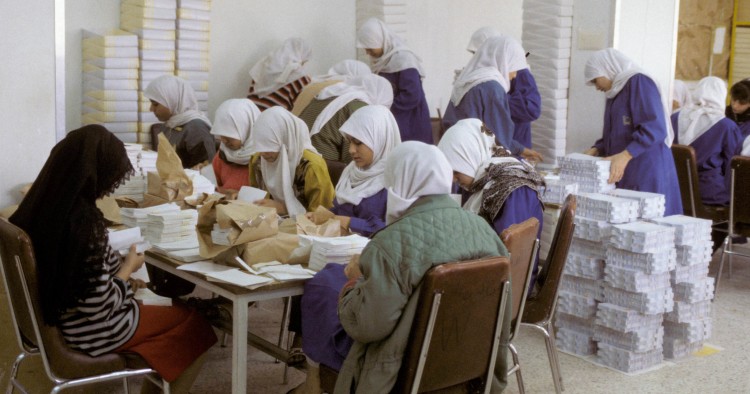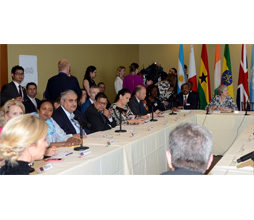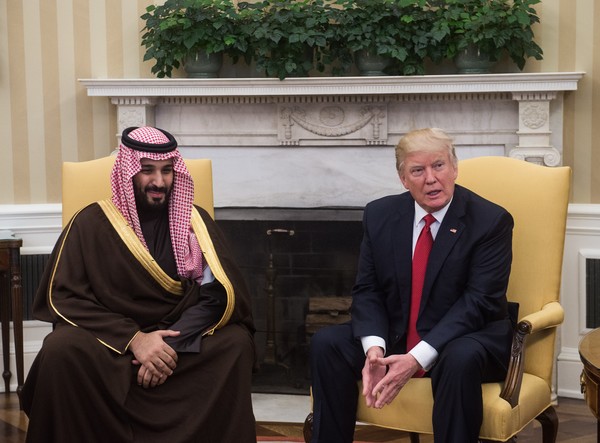The sponsorship system, also known as the ‘kafala’ system, has been around since the 1950s. It was initially created to control migration into Arab countries. The Kafala system usually defines the relationship between foreign workers and their local sponsors, making them their employers. Under this system, states typically give these employers enough funding permits to[…]
After a longtime ban – spanning over three-decades – Saudi Arabia has re-introduce cinema into society. The decision is part of Crown Prince Mohammad bin Salman’s series of social reforms, as he brands himself a ‘modern’ and a ‘reformer’ in the international community. In reality, this is far from the case. The small steps he[…]
18 December 2017 – The six states of the Gulf Cooperation Council (GCC) – Kuwait, Saudi Arabia, Bahrain, Qatar, United Arab Emirates (UAE), and Oman – rely heavily on migrant labor and are noted for widespread and systematic migrant rights abuses. These violations largely stem from the GCC-wide use of the kafala system of labor[…]
Following a series of reported violations in August, human trafficking and migrant rights abuses have continued to emerge in Bahrain over the past month. On 18 September 2017, Bahraini authorities announced they would be prosecuting five men on charges relating to forcing domestic workers into prostitution. The Public Prosecution Office formally accused the men of[…]
In a 27 June 2017 article, Bloomberg described a worrying decrease in investors in Saudi Arabia’s industries. The article argues that falling oil prices coupled with ongoing and potential regional conflicts call for an updated economic model to offset the losses of the Gulf state members of the Organization of Petroleum Exporting Countries (OPEC), Saudi[…]









